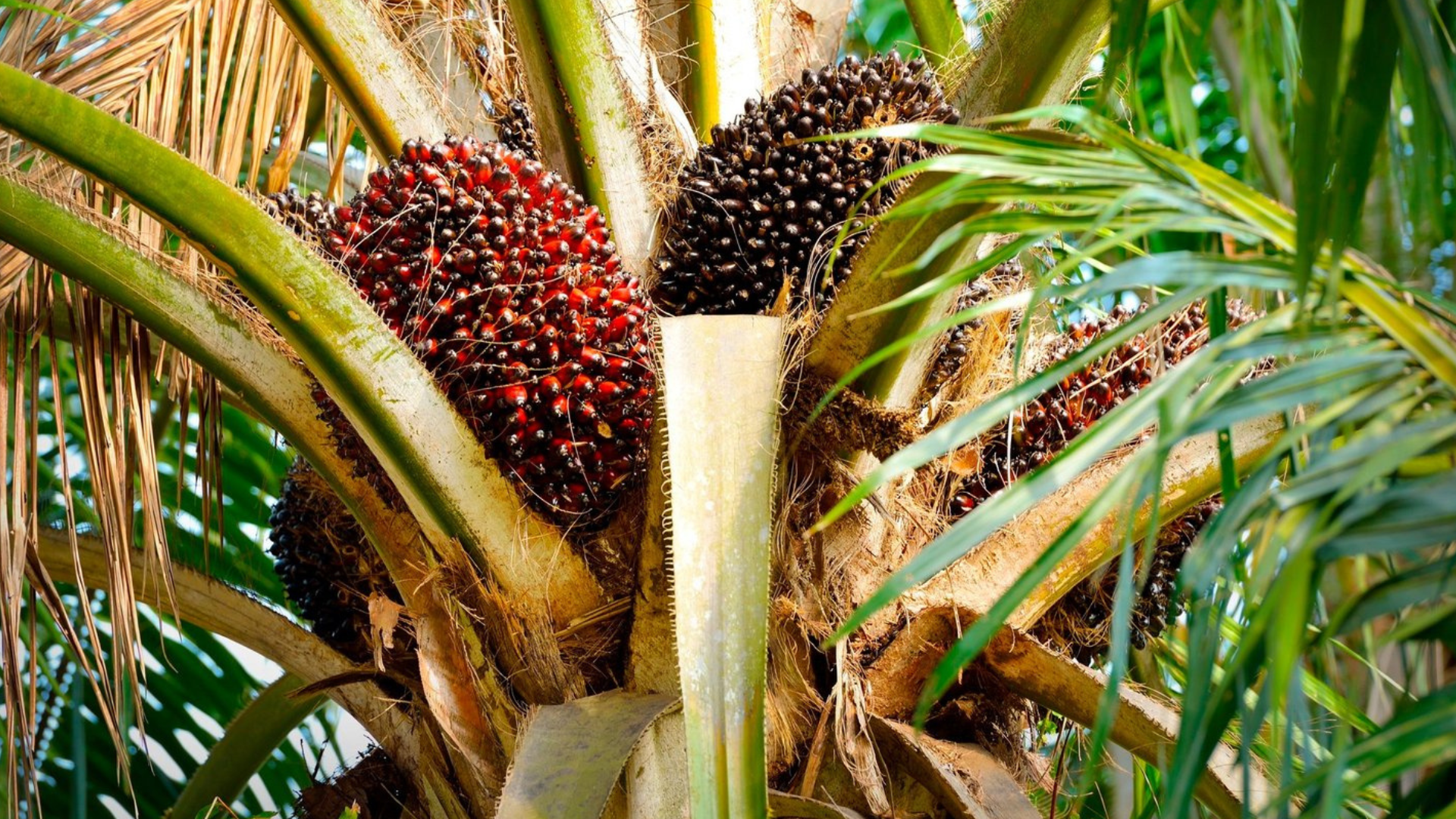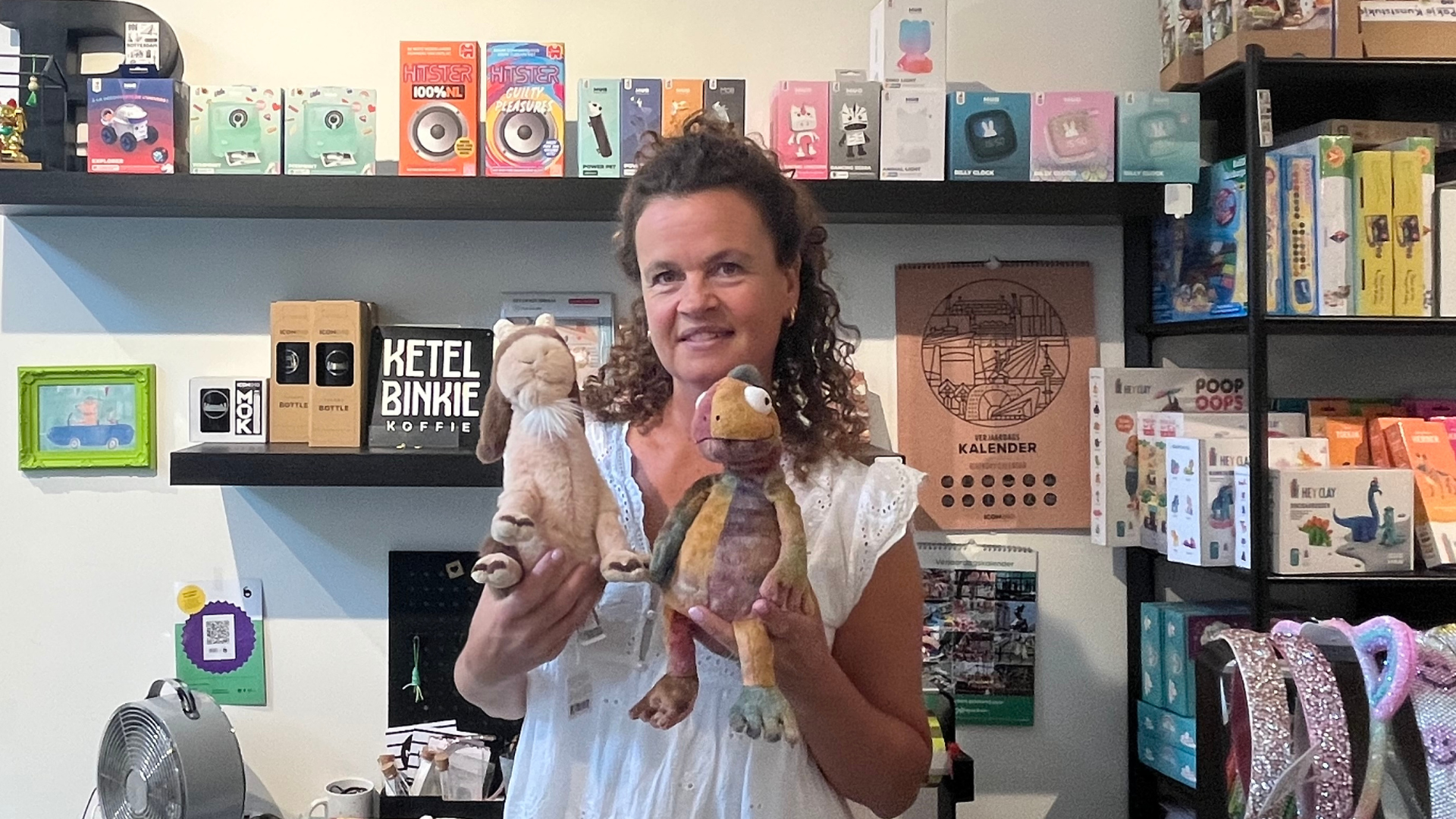What is palm oil?
Palm oil is extracted from the ripe fruit of the oil palm. The fruit is steamed and pressed to release the oil. Palm oil is widely used because of its versatility, found in products ranging from margarine, lipstick to our clothing, for example it can be used to create water-resistant coatings for rain coats. Oil palms grow in regions like Indonesia, Malaysia, parts of Africa, and Latin America. In many of these areas, rainforests have been cleared to make way for plantations, giving the industry a negative reputation. As a result, companies are noticing that consumers increasingly prefer palm-oil-free products, prompting producers to look for alternative oils in their products.
Palm Oil Alternatives
Common alternatives to palm oil include coconut oil, sunflower oil, and linseed oil. However, palm-oil-free products do not necessarily solve the problem of deforestation. In fact, many substitutes are less sustainable than palm oil itself.
Clearing tropical rainforests for palm oil plantations causes severe biodiversity loss and threatens endangered species. It also releases large amounts of CO₂, as carbon stored in the soil and vegetation is emitted. Additionally, the soil loses its ability to retain water and becomes highly flammable, increasing the risk of air pollution. Wastewater and palm fruit residues are sometimes discharged into rivers, leading to fish die-offs and food shortages.
According to researcher Slingerland, all plant-based oils have environmental drawbacks. Forests are still being cleared for most of them. She calculated the environmental impact of various oil plants based on how much oil one football field of crops can produce. The results show that palm oil has by far the highest yield, followed by rapeseed, sunflower, and soybean oil, while coconut and olive oil are the least efficient.
Other oils have a greater environmental impact
Palm-oil-free products often contain alternatives that actually require more agricultural land. Yet palm oil is frequently replaced by oils like coconut oil, even though these are more harmful to the environment and are grown in similar tropical regions,
Do you want to know more? Milieu Centraal is an independent Dutch organization that provides consumers with reliable and practical information on sustainable living and environmentally conscious choices.





.png)

.png)

